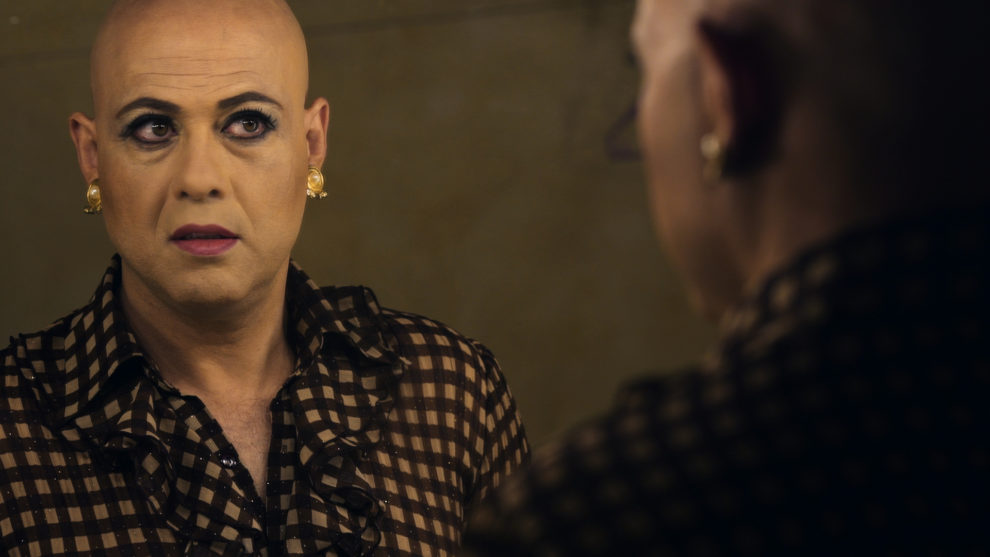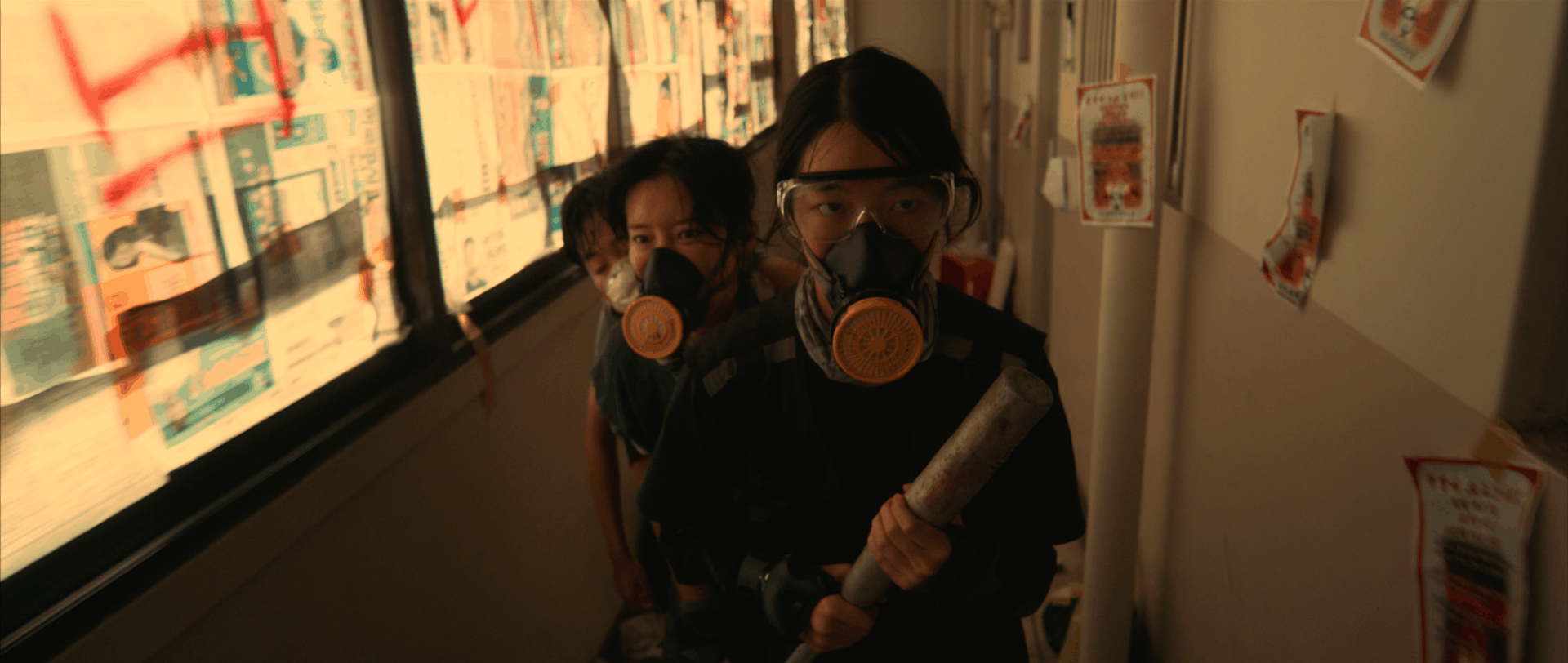Eliane Raheb meets Miguel Alonso by a chance encounter while working in Spain. Unknowingly, she sets up for a bittersweet relationship that sees the Lebanese documentarian take on a role of moderator cum councillor to the volatile titular character of her latest documentary. Eliane is known for tackling Lebanese cultural issues with a ferocity unmatched, using documentaries to ‘unravel Lebanon's past', and in her latest offering, she reaches into her toolkit once more, diving into the turbulent life of the man formerly known as Michel Jelelaty.
Miguel's War is screening at the Arab Film Festival

A whimsical history lesson kickstarts the documentary with its evocative art pop-inspired animated sequences, a product of Fadi El Samra's creative genius. It sets the scene with a beguiling lecture on Lebanon and its relationship with neighboring Syria and Israel- a complex and oftentimes turbulent one. Much like the life of Miguel Alonso, a gay Lebanese man who self-exiled himself to Spain, under the guise of a new identity and moniker.
Michel Jelelaty grew up in a conservative Lebanon, where his sexual longings took a backseat, undoubtedly repressed under the household of a staunchly Catholic father and a mother, who warned that ‘he cannot be her son' if he continued his ways. This pushed him to joining the Lebanese army to man up and be the masculine son his mother always wanted, although she apparently had a favorite in his older brother. With a growing sense of inferiority and a lust for unspeakable desires never abating, he took a leap of fate to a brand-new life in Spain.

The pain, deeply rooted in the persona of the young men eased as he grew into his own skin, but the trauma never left, as Raheb discovers over the duration of her intimate journey with him on their jaunt through the former's collective memories, spread out over four thematic segments.
The man himself is a conflicting host (he occasionally indulges in half-truths during his interview segments) of wildly erotic and vivid ideas, skirted with temptation throughout his entire life and sometimes seems almost at odds with himself and his thoughts. The front he puts up is a far cry from what lies truly beneath his steely exterior. A self-proclaimed war was what Miguel labelled this existential crisis to be, and ‘Miguel's War' hence, appears to be an attempt at materializing what goes on in his mind.
Raheb employs a series of methods to convey this tumultuous landscape. From getting actors to roleplay as important figures in Miguel's former life, to avant-garde vignettes of animated segments- some very phallic in nature, and old archival footages, stitched together in no orderly fashion, to form a psychedelic mixed media spectacle that pushes the envelope on separating fact from fiction.
Whether to elicit shock factor from the audience or to romanticize a life left behind, Miguel recounts every explicit detail of his storied past- of carnal escapades, brutal experiences in the Lebanese civil war and fetishistic pursuits. Which can be overpowering if not for sweet encounters with his close friends like drag queen Rubén Cardoso and BFF Maria Zabala Peña, who ground the film, much like how these individuals bring him back down to Earth when he gets caught up in a world of his own.
“Miguel's War” wages on over a lengthy two hours, with many moments of Miguel at his most vulnerable, for the audience to contemplate, maybe putting themselves into the shoes of the man. Perhaps humanity, in their pursuit of attaining a semblance of normalcy, chose to bury unresolved conflicts under the bedrock of life. We are performers and all the world is a stage.
Ultimately, in this war, there is no victor. Maybe being human means hiding sadness behind a hearty laughter. Or telling yourself you are happy with yourself but, feeling like a ‘bag of shit'. In Miguel/Michel's world, the journey never ends like how the Mediterranean Sea never stops flowing, leaving to somewhere new, in its right time and place.















